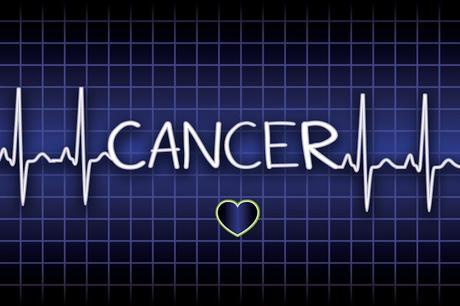
When patients are diagnosed with mesothelioma, the cancer term saturates their minds. This disease is widespread across a huge population of former industrial workers. It can, however, be manageable when it's caught early on. In fact, patients can use exercise as a resource against cancer. Getting the heart pumping and the skin sweating is enough to fight off advanced cancers for several reasons.
Fewer Tissues to Support
When patients prioritize their health, weight loss is often the result. Healthy diets and workouts create a perfect storm for a lean physique. Cancer patients who have minimal fat tissue will see better results in recovery. The body concentrates its efforts on eradicating foreign tissues instead of supporting a heavy weight. Fewer fat cells also keep the body in better homeostasis or balance, which helps when patients are recovering from treatment.
It's important that the cardio makes the patient break a sweat. Rapid paces allow the body to burn fat faster than walking or jogging.
Immune System Boost
When a patient has early-stage cancer, treatments and lifestyle changes must be combined to fight off further illness. Working out several times a week gives the immune system a boost. As the person heats up and sweats, beneficial hormones move through the body. These hormones provide a "high" for the person, which indirectly boosts the immune system. Foreign cells might be readily destroyed compared to less ideal environments in a sedentary person.
Depending on the patient's medical state, working out should occur two or three times a week. Spreading out the exercises allows the body to recover, which helps it grow stronger against the invading cancer.
Hormonal Control
Although cancer patients want good hormones coursing through their bodies, other chemicals pose threats to recovery, reports the National Cancer Institute. Growth hormones, estrogen and other chemicals are naturally occurring in the body, but they can aggravate a cancer diagnosis. By working out, these hormones aren't as dominant in the body. Cancer patients benefit with the subtle changes at the molecular level, which ultimately control tumor growth. A rapidly growing tumor might meet its match when the body works out on a regular basis.
Energy Reserves
According to the National Institutes of Health, cardio workouts give patients more energy. Newcomers to the workout world might believe the opposite to be true, but a good session actually creates energy. Cancer patients feel invigorated and ready to take on the day. That overwhelming feeling of fatigue and weakness is almost nonexistent.
These energy reserves might be channeled to the immune system for an extra battle against cancer, or it gives the patient a positive mindset to face any other challenges. Every cancer patient wants to feel normal again, and additional energy is always a welcome side effect.
Mesothelioma patients may be concerned that cardiovascular exercise will hurt their recovery chances. They should speak to their doctors about their health and cardio possibilities. Patients might be surprised to hear that moderate cardio is actually recommended. Living with cancer is possible with support and regular workouts every day.
